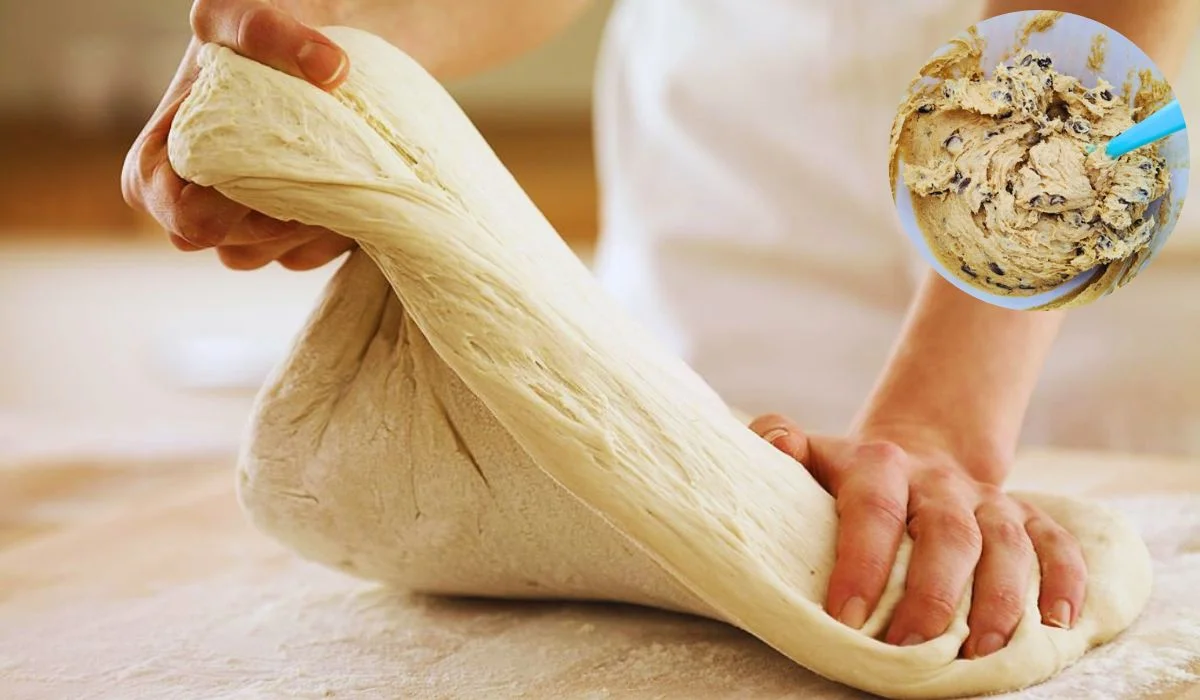Naturally present proteins in some grains such as barley, wheat, and rye are called Gluten. It has a stretchy characteristic that binds the food together. Over the past years, consuming foods that have gluten has shown less risk of getting diabetes, heart disease, or a stroke.
Common Health Risks Of Gluten
For some individuals, gluten can cause a few health issues and becomes a problem. In such cases, one may want to get ridden of gluten from the system when consumed unknowingly.
Common health risks seen after consuming food including gluten are allergy to wheat, celiac disease, and non-celiac gluten intolerance.

📛 Wheat Allergy
An allergic reaction to wheat is wheat allergy. Some of the symptoms that are seen are itching, headache, stomach cramps, diarrhea, vomiting, difficulty in digestion, and sneezing.
A reaction called Anaphylaxis that places life at risk can cause breathing trouble and lead the body to a state of shock.
📛 Celiac Disease
Celiac disease is an immune reaction to consuming gluten food. Gluten protein does not get digested in patients with this disease. The damage to the small intestine lining due to inflammation caused by an immune reaction to gluten can create medical problems.
When the food does not get digested with damage to the small intestine, patients do not grow in height or weight and become anemic and develop weak bones and chronic diarrhea.
A few symptoms seen in celiac patients are depression, anxiety, anemia, fatigue, joint pain, skin rashes, trouble thinking, and headache. Patients with celiac disease should avoid gluten in their diet lifelong.
📛 Non-Celiac Intolerance
When there is an indigestion problem after consuming foods that contain gluten without having a wheat allergy or celiac disease, the person is said to have Non-celiac intolerance. Such patients have symptoms of celiac patients. Reducing gluten in their diet helps in eliminating non-celiac intolerance.
How Much Time For Removing Gluten From The System?
The time at which symptoms from gluten intake are exposed outside depends from body to body. The time for the gluten to pass through the gut varies if a person has a gluten-affected problem.
Gluten stays for about two and a half days in a person’s body that does not react to gluten. It stays in the stomach for 4 hours and passes to the small intestine where it stays there for 6 hours and 59 hours in the large intestine.
The major transit time happens in the large intestine. It also depends on the food consumed. High protein and fiber-rich food take more transit time. Symptoms like bloating and fatigue due to gluten may take days or weeks to feel better.
The transit time to get ridden of gluten from a patient with celiac disease is more than usual. This is mainly because of the disrupted small bowel system due to the disease in the body.
Patients with celiac disease should avoid foods containing gluten completely in their diet. This can help them to reduce the symptoms and heal completely within 3-6 months.
Factors Affecting The Time Taken For Gluten To Exit
The time taken for gluten to exit also depends on three major factors. Firstly, the amount of gluten food consumed. The more gluten, the tough it becomes for digestion to process. Second is the small intestinal strength.
Patients with celiac disease will take more time for gluten to free the body as the small intestine takes time to heal. Third is the type of food consumed. Some foods such as meat take time to break down in the digestive system and hence take time to get rid of gluten.
How To Remove Gluten From Your System?
To remove gluten from one’s system, individuals should incorporate a gluten-free lifestyle. Generally, gluten-contaminated food gives fiber, Vitamin B, iron, and magnesium.
Those who react to gluten can replace it with vegetables, fruits, eggs, legumes, poultry, nuts, and seeds. Some gluten-free food that can be consumed are millet, quinoa, brown and red rice, corn, gluten-free oats, etc.
In recent times, gluten-free products are available in the market. But, processed gluten-free foods may contain high sugar, calories, saturated fat, sodium, and low in nutrients.
Some factors that help digestion are exercising, chewing food, intake of anti-inflammatory food, less meat intake, drinking water, and intake of fiber-rich and gluten-free food.

